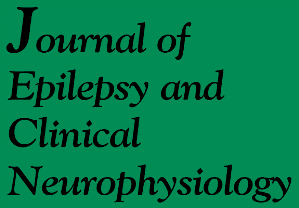INTRODUCTION: Carbamazepine (CBZ) undergoes biotransformation, being CYP3A4 the major cytocrome P450 (CYP) enzyme catalyzing the carbamazepine-10,11-epoxide (EPOX) formation, which is quantitatively the most important pathway in CBZ metabolism. There is evidence of dose-dependent elimination of this drug due to its autoinduction capacity. Moreover, published data showed an incomplete bioavailability of CBZ since its absorption increases when grapefruit juice was administered. Both CYP3A4 and MRP2 (located in the enterocyte) are autoinduced during long term use of CBZ. As the other enzymes involved in CBZ metabolism are negligible in the gut, presystemic biotransformation through CYP3A4 could be responsible for the bioavailability of the drug as well as EPOX formation. OBJECTIVE: The purpose of our study was to assess the importance of presystemic formation of EPOX during the autoinduction of CBZ versus the daily administered dose. PATIENTS AND METHODS: 40 adults (average age: 28 years) and 29 children (average age: 9 years) receiving CBZ as monotherapy were included in the study. CBZ and EPOX plasma concentrations were analyzed by a previous validated HPLC method. RESULTS AND CONCLUSION: The results obtained confirmed the metabolic induction after chronic administration and provided new elements to suggest a strong contribution of dose-dependent bioavailability in the non linear kinetics of CBZ.
carbamazepine; autoinduction; presystemic biotransformation; bioavailability



